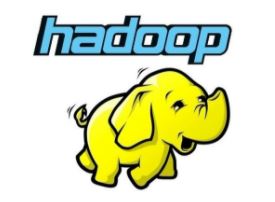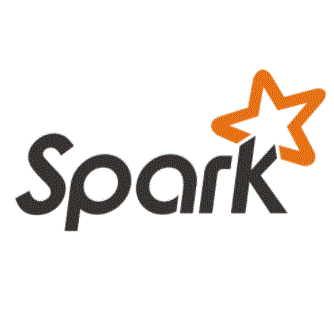Both RDBMS (Relational Database Management System) and Hadoop are crucial components of the data management landscape, but they serve very different purposes and have distinct architectures and features. This article will delve deep into their differences, exploring their use cases, advantages, and drawbacks.
Definition:
RDBMS: It is a type of database management system where data is stored in structured tables with rows and columns. The data is based on the relational model and supports SQL (Structured Query Language) for querying.
Hadoop: Originally developed by the Apache Foundation, Hadoop is an open-source framework that facilitates distributed storage and processing of large datasets using simple programming models. It’s based on the MapReduce programming model and the Hadoop Distributed FileSystem (HDFS).
Key Differences:
Data Structure:
- RDBMS: Requires structured data, generally in the form of tables with predefined schemas.
- Hadoop: Supports both structured and unstructured data and doesn’t require a fixed schema upon data ingestion.
Scalability:
- RDBMS: Typically scales vertically, requiring more powerful hardware to handle increased loads.
- Hadoop: Scales horizontally, meaning it can easily expand by adding more machines to the distributed cluster.
Performance:
- RDBMS: Optimal for transactional operations and complex queries on structured data.
- Hadoop: Designed for batch processing and is ideal for analytical and computational tasks on vast datasets.
Cost:
- RDBMS: Commercial RDBMS solutions can be expensive due to licensing, although open-source alternatives are available.
- Hadoop: Being open-source, Hadoop can be a cost-effective solution, especially when dealing with massive amounts of data.
Fault Tolerance:
- RDBMS: Depends on the system in use. Many commercial solutions have built-in failover and redundancy features.
- Hadoop: Intrinsically fault-tolerant. Data in HDFS is duplicated across nodes, ensuring system reliability.
Concurrency:
- RDBMS: Supports multi-user access and ensures data integrity with features like ACID properties (Atomicity, Consistency, Isolation, Durability).
- Hadoop: Prioritizes high throughput over multi-user concurrency.
Ideal Use Cases:
RDBMS:
- Transaction processing systems
- Applications requiring complex queries and joins
- Systems that require real-time data retrieval
Hadoop:
- Big data analytics
- Data lakes and data warehousing
- Log and event data processing
Advantages:
RDBMS:
- Mature technology with established tools and utilities.
- Supports complex transactions and maintains data integrity.
- Easier and more intuitive for users familiar with SQL.
Hadoop:
- Scales easily to accommodate petabytes of data.
- Built-in fault tolerance and data replication.
- Cost-effective solution for processing vast amounts of data.
Drawbacks:
RDBMS:
- Can become expensive and challenging to scale with extremely large datasets.
- Not suited for unstructured data like videos, images, and logs.
Hadoop:
- Steeper learning curve, especially for those unfamiliar with the MapReduce paradigm.
- Not optimized for transactional systems requiring real-time data access.
Spark important urls to refer









